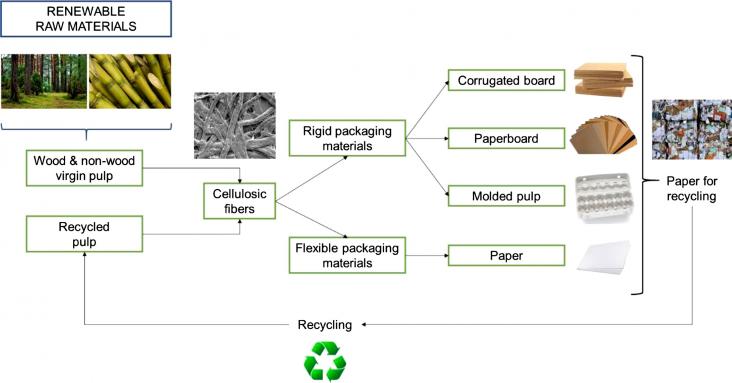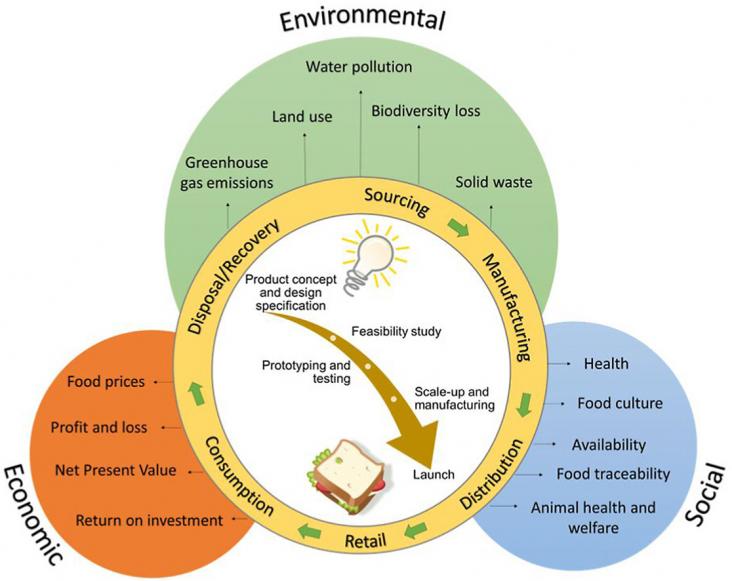The climate emergency and population growth are challenging water security and sustainable urban design in cities worldwide.

This short communication describes the climate change impacts of using cellulose, and more precisely cellulosic fiber-based materials, in food packaging, representing current and emerging industrial s

The food industry is responsible for significant impacts on the environment, such as climate change, water depletion and land use.
Background: nationally determined contributions (NDCs) serve to meet the goals of the Paris Agreement of staying “well below 2°C”, which could also yield substantial health co-benefits in the process.
The consumption of meat contributes significantly to undesirable effects on the environment.
Critical knowledge gaps about environmental fate and unintentional effects of currently used pesticides (CUPs) hamper the understanding and mitigation of their global impacts on ecological processes.
Non-destructive testing techniques have gained importance in monitoring food quality over the years.
This study was conducted to assess the self-reported and observed food safety practices (FSP) of food handlers, who deliver food products that are prepared and cooked at home during the COVID-19 pande
The consumption of meat contributes significantly to undesirable effects on the environment.
Background: Fake meat industry is expected to grow and to be worth $140 billion by 2030. Alternative protein can be produced by plant or microbe.
